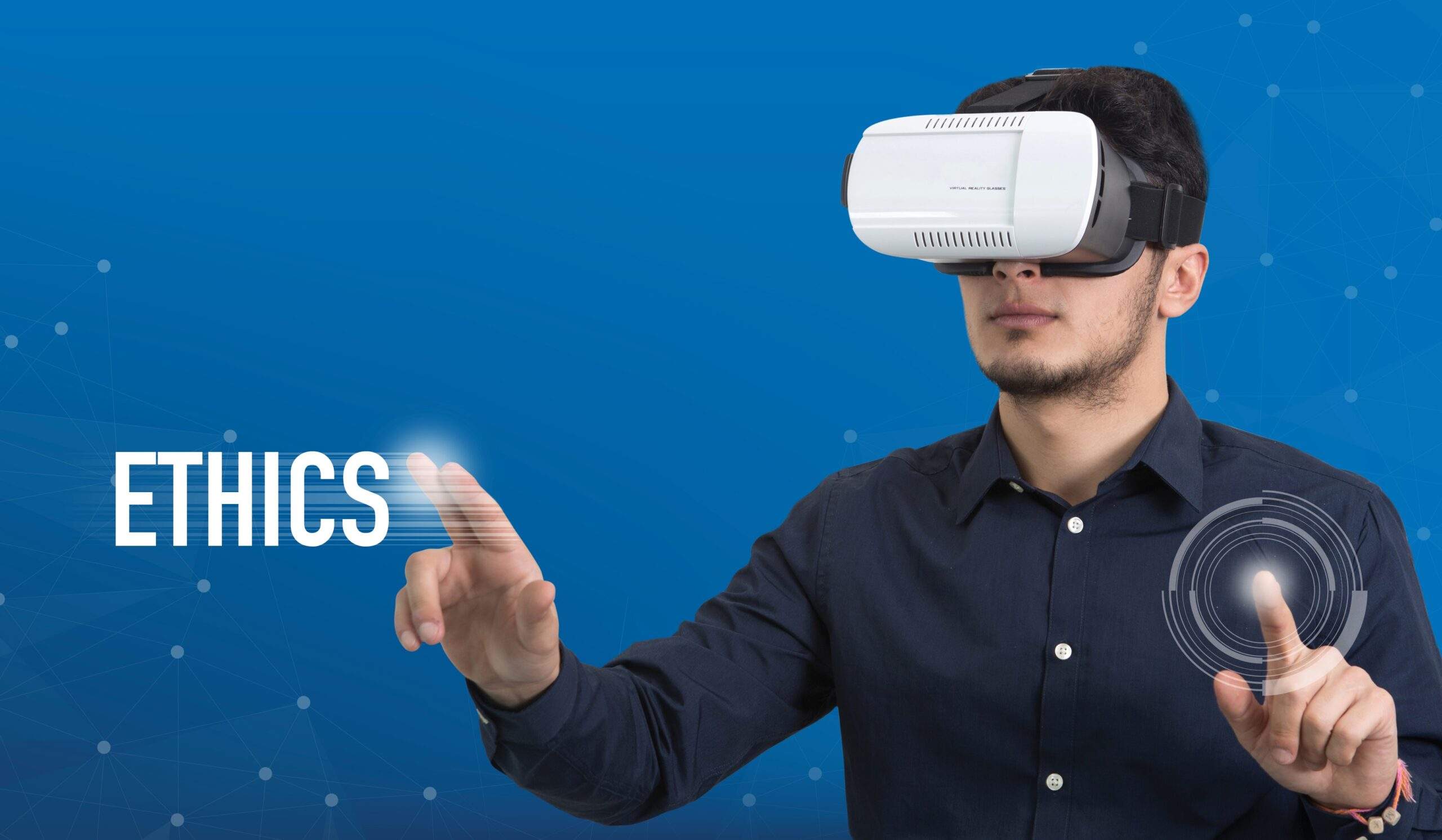
Blog / The Intersection Between Technology and Ethics
Here are three ways technology and ethics are competing today.
Hopefully unsurprisingly, we’re pretty big fans of advancing technology here at TRINUS. The myriad different ways it makes our lives easier and more productive are undeniable. Unfortunately, what’s also undeniable is that as it improves, it’s potential for misuse grows as well. But we’re not talking about evolving ransomware or state-sponsored cyberattacks (those are the domain of our cybersecurity experts). Today we’re looking at how emerging technology and ethics intersect for organizations of all types theses days.
- Deepfakes and the use of misinformation
- Misuse of personal information
- The potential for overreliance on automation
Deepfakes/Misinformation
Deepfakes are a relatively new form of an old, old problem that’s been making headlines these days as well: misinformation. For those who might not know, a deepfake is an artificially generated animated image that is virtually identical to someone else, typically a celebrity. The latest newsworthy example is Joe Rogan, whose face and voice were deepfaked into an ad on TikTok to sell… well, exactly what you’d expect a scammer using deepfakes would be selling (male enhancement products).
While the legality of practice has yet to be thoroughly debated and argued in the courts, the existence of misinformation, particularly when it’s so hard to identify, makes it vitally important for businesses and organizations to ensure they themselves haven’t been duped and are taking the appropriate actions to vet their own communications and information before releasing it.
Misuse of Personal Information
Personal data has become a goldmine for businesses that have been able to leverage it to provide personalized shopping experiences and ads for businesses, and allowing municipalities and governments to better analyze demographic information for planning and service prioritization. But where do you draw the line? At what point is a business no longer collecting just the necessary information to determine best-selling products or most-watched content, but breaching personal privacy? As far as the ethics of the situation go, it’s vitally important both from a legal and public relations perspective to evaluate the personal information being collected and ensure it’s not being mishandled.
Overreliance on Automation
Don’t get us wrong; automation is a wonderful tool whose potential to positively impact productivity is seemingly boundless. However, in the rush to streamline operations, it’s important to consider the ethical implications, and we’re not talking about jobs. Technology and automation have been threatening jobs since the industrial revolution so while still somewhat relevant, it’s not the issue at hand.
Instead the concern is allowing automation to operate without oversight, and being overly reliant on it. Too often the promise of cost-savings and better bottom lines means we taking on new technologies that we don’t always fully understand, creating the potential for disruption, danger to employees, and even serious damage to infrastructure.
These are just a few of the ways ethics and technology can be at odds with each other today, and we haven’t even tackled things like artificial intelligence and extreme automation like self-driving cars and robot soldiers. There’s plenty more to be said about the topic, so if you’re interested in learning more about the ethical applications of technology in your business, or would like help preparing your organization for adopting a new technology, contact TRINUS today and we’ll be happy to help.
Sincerely,
The TRINUS Team
trinustech.com

















